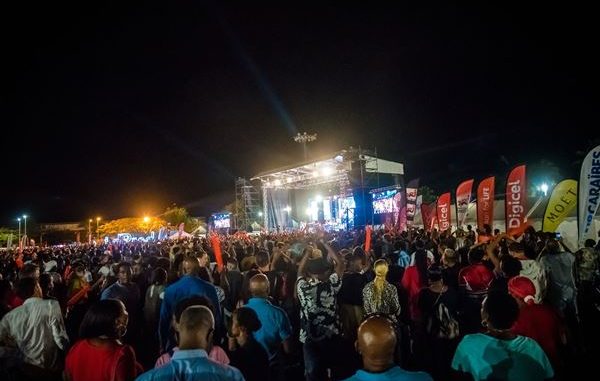
During his speech on Monday 12 July at 8:00 pm, the President of the Republic, Emmanuel Macron, announced a series of measures designed to counter the highly contagious Delta variant, including the extension of the “Pass sanitaire” (Health Pass), which will become compulsory in all leisure and cultural venues from this Wednesday 21 July.

In effect since last June and reserved for large events hosting more than 1,000 people, stadiums and nightclubs (more than 50 people), the “Pass sanitaire” is now (almost) unavoidable. Indeed, from today, Wednesday 21 July, it will be systematically required at the entrance to several cultural venues – theatres, cinemas, museums, concerts, festivals, leisure centres – throughout the French territory, even if the event takes place outdoors.
From August onwards, it will become compulsory to enter cafés, bars, restaurants (including terraces), shopping centres, trains, planes, buses for long journeys, as well as medical institutions and retirement homes.
The question that many people are still asking is : how do I get this pass ? There are three ways to obtain this paper or digital document.
The first is to have been fully vaccinated with the two doses for at least two weeks. In France, a vaccination certificate that can be used as a “Pass sanitaire” is issued to anyone vaccinated against Covid-19 ; it is available via a QR-Code in the TousAntiCovid application or can be downloaded from the Ameli.fr website.
The second is to have taken a PCR or antigenic test that has been negative for less than 48 hours or 72 hours.
The third is to have evidence that you were previously ill with Covid-19, between six months and two weeks ago, i.e. you must present a Covid-19 recovery certificate.
Another very important novelty : the “Pass sanitaire” will also be required for children over 12 years. However, during these long school holidays in July and August, the rules for young people aged 12 to 18 will be relaxed.
The “Pass sanitaire” thus replaces the “Passeport vaccinal” (Vaccination Passport) which had been mentioned to allow the reopening of cultural venues and which had created controversy among professionals of the sector. This new device seems more flexible than the previous one because it does not require people to be vaccinated : in addition to the vaccination certificate, it also accepts the negative test certificate and the immunity certificate. This does not prevent some people from believing that the ultimate goal of this “Pass sanitaire” is to make vaccination compulsory. The first step is that from next October, the PCR and antigenic tests will no longer be free but will pay around 50 euros and 30 euros respectively and reimbursed by the Health Insurance…
On this first day of the application of the law, some leisure centres in Guadeloupe are trying to circumvent it by only respecting the capacity established beforehand and claim to have no competence to control this famous “Pass sanitaire”… In France, the promoters of major cultural festivals welcoming thousands of spectators or visitors rather approve this new device and think that it is finally the only way to resume their professional activities.
In early September, we will know if the “Pass sanitaire” has slowed down the attendance of cultural venues or not.
France is not the only country to implement this device to try to resume a normal life because Denmark has its “Coronapass” and Israel its “Green Passport”.



